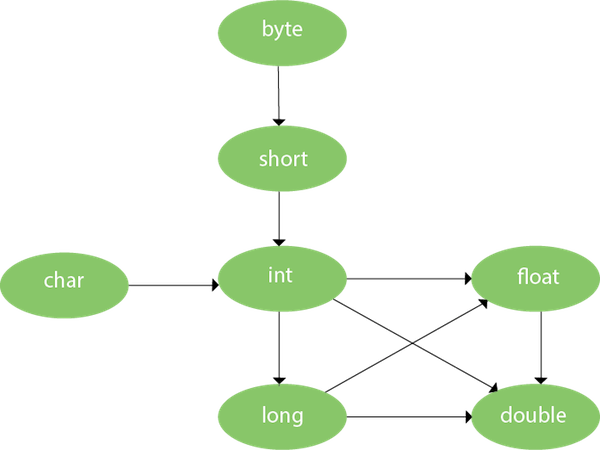Method Overloading in Java
- Different ways to overload the method
- By changing the no. of arguments
- By changing the datatype
- Why method overloading is not possible by changing the return type
- Can we overload the main method
- method overloading with Type Promotion
If a class has multiple methods having same name but different in parameters, it is known as Method Overloading.
If we have to perform only one operation, having same name of the methods increases the readability of the program.
Suppose you have to perform addition of the given numbers but there can be any number of arguments, if you write the method such as a(int,int) for two parameters, and b(int,int,int) for three parameters then it may be difficult for you as well as other programmers to understand the behavior of the method because its name differs.
So, we perform method overloading to figure out the program quickly.
Advantage of method overloading
Method overloading increases the readability of the program.
Different ways to overload the method
There are two ways to overload the method in java
- By changing number of arguments
- By changing the data type
In Java, Method Overloading is not possible by changing the return type of the method only.
1) Method Overloading: changing no. of arguments
In this example, we have created two methods, first add() method performs addition of two numbers and second add method performs addition of three numbers.
In this example, we are creating static methods so that we don't need to create instance for calling methods.
Output:
22 33
2) Method Overloading: changing data type of arguments
In this example, we have created two methods that differs in data type. The first add method receives two integer arguments and second add method receives two double arguments.
Output:
22 24.9
Q) Why Method Overloading is not possible by changing the return type of method only?
In java, method overloading is not possible by changing the return type of the method only because of ambiguity. Let's see how ambiguity may occur:
Output:
Compile Time Error: method add(int,int) is already defined in class Adder
System.out.println(Adder.add(11,11)); //Here, how can java determine which sum() method should be called?
Note: Compile Time Error is better than Run Time Error. So, java compiler renders compiler time error if you declare the same method having same parameters.
Can we overload java main() method?
Yes, by method overloading. You can have any number of main methods in a class by method overloading. But JVM calls main() method which receives string array as arguments only. Let's see the simple example:
Output:
main with String[]
Method Overloading and Type Promotion
One type is promoted to another implicitly if no matching datatype is found. Let's understand the concept by the figure given below:

As displayed in the above diagram, byte can be promoted to short, int, long, float or double. The short datatype can be promoted to int, long, float or double. The char datatype can be promoted to int,long,float or double and so on.
Example of Method Overloading with TypePromotion
Output:40
60
Example of Method Overloading with Type Promotion if matching found
If there are matching type arguments in the method, type promotion is not performed.
Output:int arg method invoked